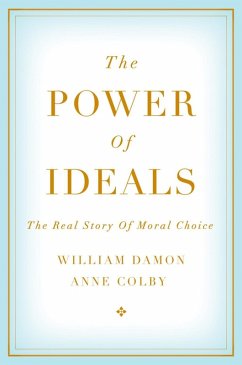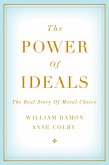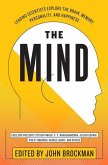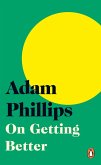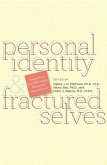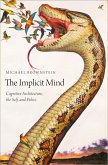Cynicism often seems a smarter choice than idealism. There are reasons for this. Politicians have disappointed us time and again; trusted institutions have proven to be self-serving and corrupt; hopes for lasting world peace repeatedly have been dashed; and social inequities persist and increase, unabated by even the grandest of charitable efforts. It is now considered foolish to think that people can be counted on to rise above their narrow self-interests to serve the broader good, or to tell the truth if it does not reflect well on the self. Supporting this bleak view of the human condition is a moral psychology that has taken increasingly cynical turns in recent years. Famous studies have shown that we have an almost unlimited potential for cruelty when placed in the wrong situations.
The Power of Ideals presents a different vision, supported by a different kind of evidence. It examines the lives and work of six 20th century moral leaders who pursued moral causes ranging from world peace to social justice and human rights. Using these six cases to illustrate how people can make choices guided by their moral convictions, rather than by base emotion or social pressures, authors William Damon and Anne Colby explore the workings of three virtues: inner truthfulness, humility, and faith. Through their portrayal of the noble lives of moral leaders, the authors argue that all of us--with ordinary lives--can exercise control over important life decisions and pursue ideals that we believe in.
Dieser Download kann aus rechtlichen Gründen nur mit Rechnungsadresse in A, B, BG, CY, CZ, D, DK, EW, E, FIN, F, GR, HR, H, IRL, I, LT, L, LR, M, NL, PL, P, R, S, SLO, SK ausgeliefert werden.

